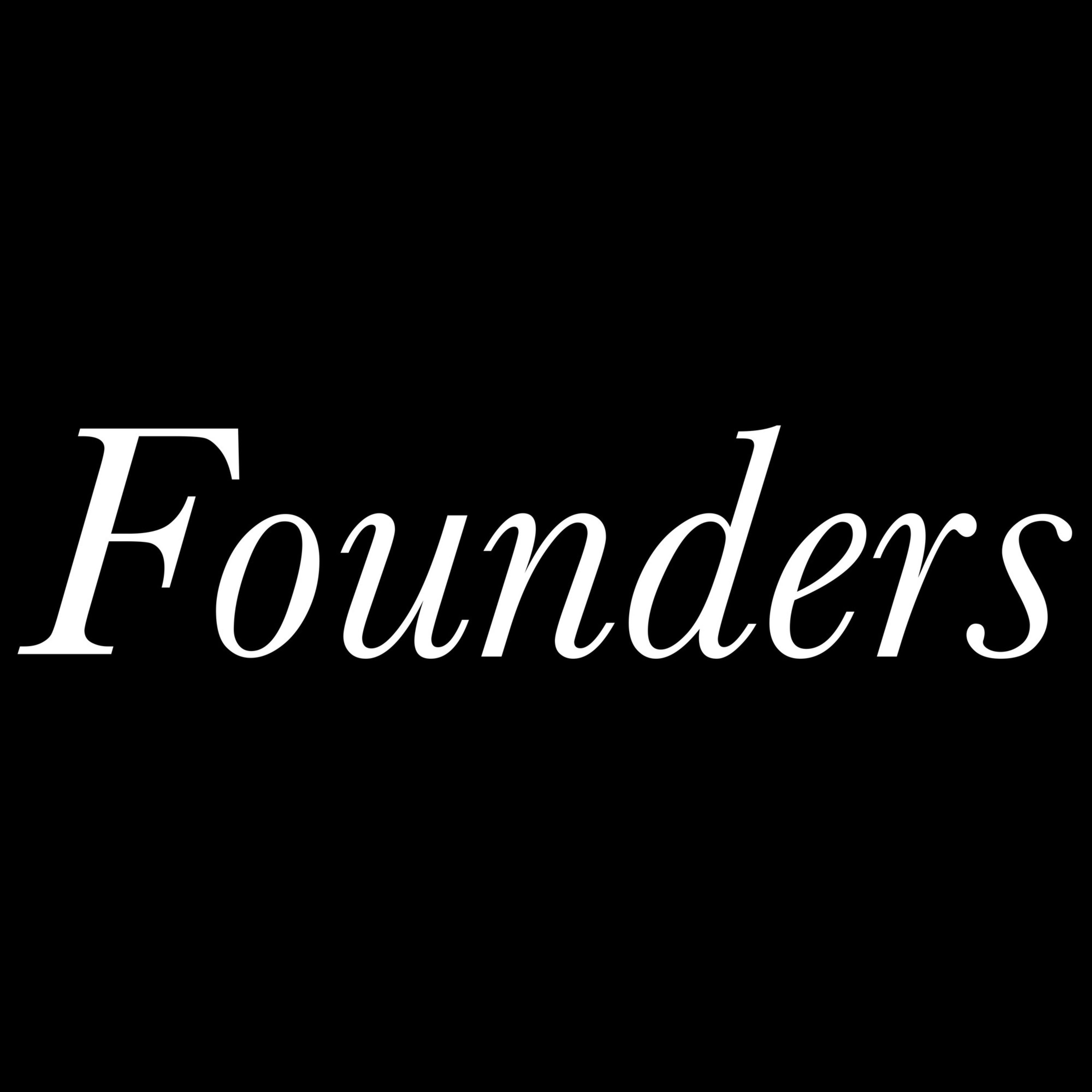- After-Shows
- Alternative
- Animals
- Animation
- Arts
- Astronomy
- Automotive
- Aviation
- Baseball
- Basketball
- Beauty
- Books
- Buddhism
- Business
- Careers
- Chemistry
- Christianity
- Climate
- Comedy
- Commentary
- Courses
- Crafts
- Cricket
- Cryptocurrency
- Culture
- Daily
- Design
- Documentary
- Drama
- Earth
- Education
- Entertainment
- Entrepreneurship
- Family
- Fantasy
- Fashion
- Fiction
- Film
- Fitness
- Food
- Football
- Games
- Garden
- Golf
- Government
- Health
- Hinduism
- History
- Hobbies
- Hockey
- Home
- How-To
- Improv
- Interviews
- Investing
- Islam
- Journals
- Judaism
- Kids
- Language
- Learning
- Leisure
- Life
- Management
- Manga
- Marketing
- Mathematics
- Medicine
- Mental
- Music
- Natural
- Nature
- News
- Non-Profit
- Nutrition
- Parenting
- Performing
- Personal
- Pets
- Philosophy
- Physics
- Places
- Politics
- Relationships
- Religion
- Reviews
- Role-Playing
- Rugby
- Running
- Science
- Self-Improvement
- Sexuality
- Soccer
- Social
- Society
- Spirituality
- Sports
- Stand-Up
- Stories
- Swimming
- TV
- Tabletop
- Technology
- Tennis
- Travel
- True Crime
- Episode-Games
- Visual
- Volleyball
- Weather
- Wilderness
- Wrestling
- Other
#308 The Unlikely King of Guns: Gaston Glock
What I learned from reading Glock: The Rise of America's Gun by Paul Barrett. ---Meter: Meter is the easiest way for your business to get fast, secure, and reliable internet and WiFi in any commercial space. Go to meter.com/founders---Tiny: Tiny is the easiest way to sell your business. Tiny provides quick and straightforward cash exits for Founders. Get in touch by emailing hi@tiny.com---Listen to Invest Like the Best #292 David Senra: Passion and Pain. ---Join Founders AMA Members of Founders AMA can:Email me your questions directly (you get a private email address in the confirmation email)Promote your company to other members by including a link to your website with your questionUnlock 24 Ask Me Anything (AMA) episodes immediatelyListen to new Ask Me Anything (AMA) episodes every week---Join my free email newsletter to get my top 10 highlights from every book---(5:22) What struck me is how his inexperience was a great advantage. He didn't assume anything about how to design a handgun because he's never designed one before. Consequently he designed the best one ever. He didn't know what was out of bounds.(8:20) Gaston Glock himself put it in an interview: "That I knew nothing was my advantage.”(8:55) He began disassembling the guns, putting them back together, and noted the contrasting methods used to make them.(9:00) More on Glock’s initial research process: I started intensive studies in such a manner that I visited the Austrian patent offices for weeks examining generations of handgun in innovation.(9:10) Learning from history of a form of leverage.(10:25) Crucially, the gun should have no more than 40 parts. This is one of the most important ideas in the book. He designed a product —and a company— based on limiting the amount of moving parts.(12:00) My intention was to learn as much as possible as fast as possible.(12:30) Move fast: I worked for two years, day and night, to bring the sample to the Army on time.(12:45) Difference for the sake of it and retention of total control. — Against the Odds: An Autobiography by James Dyson (Founders #300)(15:00) The important thing that gave him his big price advantage was that he designed the pistol for complete production on computer controlled tools.(15:20) The book is all simplicity, focus, and differentiation.(15:30) Clock produced the simplest handgun with only 34 components.(18:30) He's got all these very unique and unusual forms of distribution.(18:35) How did a pistol produced by an obscure engineer in Vienna, a man who barely spoke English and had no familiarity with America, become in the space of a few years, an American icon?The answer to that question is distribution.(20:20) There's a lot of money to be made if we could convert U.S police departments from revolvers to pistols.(22:50) The only conventional thing about the Glock was the method of operation he adopted for his handgun. Glock borrowed his basic mechanics from John Moses Browning, the greatest gun designer of the late 19th century.(24:08) He objected to the Pentagon's insistence that the rights to manufacture the winning gun design would be open to competitive bidding. Glock intended to collect all profit from the production of his gun himself.(24:35) Quality will always bring you more money.

